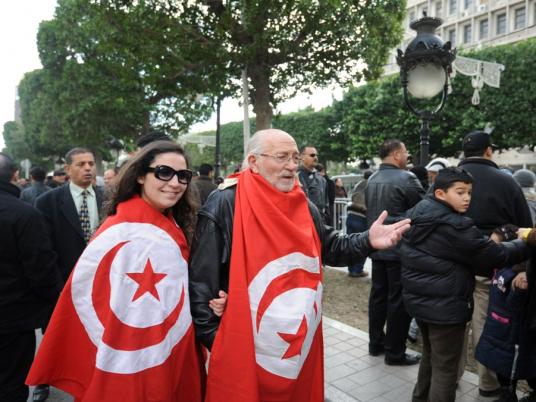
Tunisians are likely to vote for their first full post-revolutionary parliament in just under a year's time, a government official told Reuters on Saturday.
Since elections that followed the overthrow of the autocrat Zine al-Abidine Ben Ali, an uprising that sparked revolutions across the region, Tunisiahas been governed by an interim assembly whose main task is to draft a new constitution within about a year.
Lutfi Zaitoun, political adviser to Prime Minister Hamadi Jbeli of the moderate Islamist party Ennahda that won October's election, said its work should be completed in time for a full election to be held in mid-March 2013.
"There is an agreement between the parties in the ruling troika to set a road map (for elections) to reassure public opinion and domestic and foreign investors," he said.
"20 March of next year has been suggested. It is not a final date 100 percent, and could happen weeks earlier if we finish drafting the constitution."
For now, Ennahda is ruling in coalition with two secular parties, Ettakatol and Conference for a Republic.
The political uncertainty over who will eventually rule Tunisia has weighed on the economy as wary investors and nervous tourists stay away.
The transition to democracy has been complicated by tension between Islamists demanding a greater role for religion within government and left-wing critics keen to preserve Tunisia's reputation as one of the region's most secular states.
The constituent assembly has the power to make the new constitution law if the majority is large enough, otherwise it must go to a referendum.



